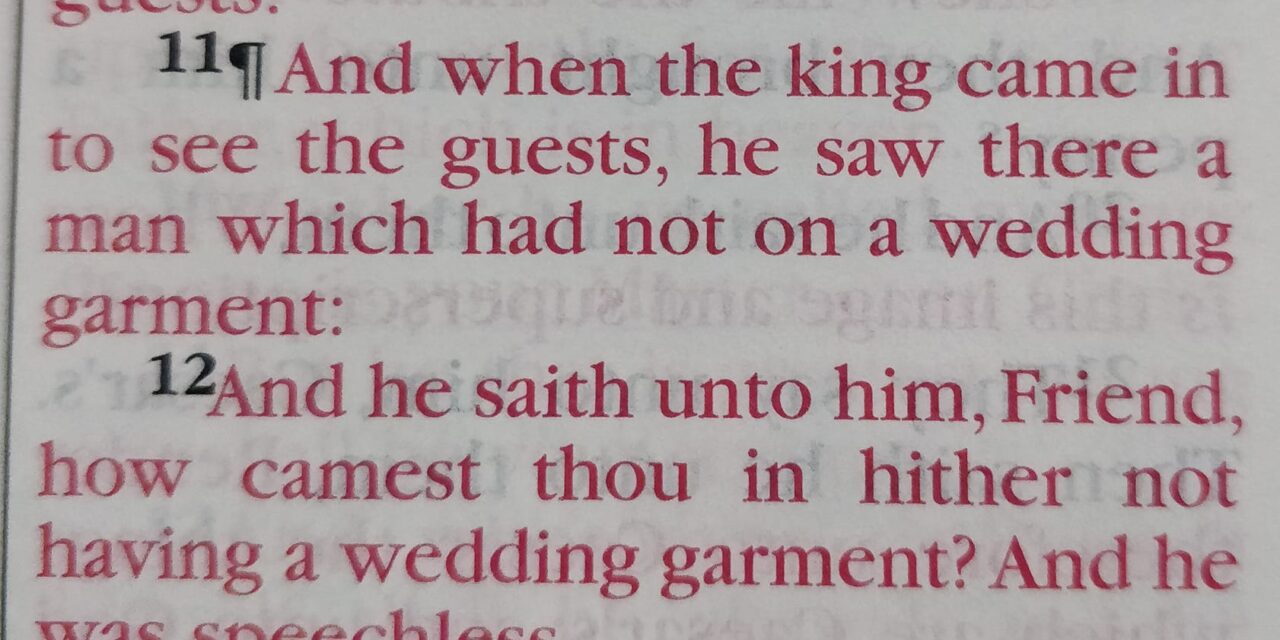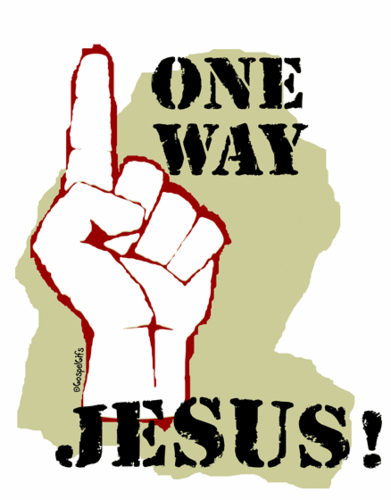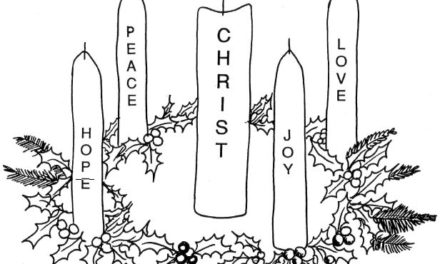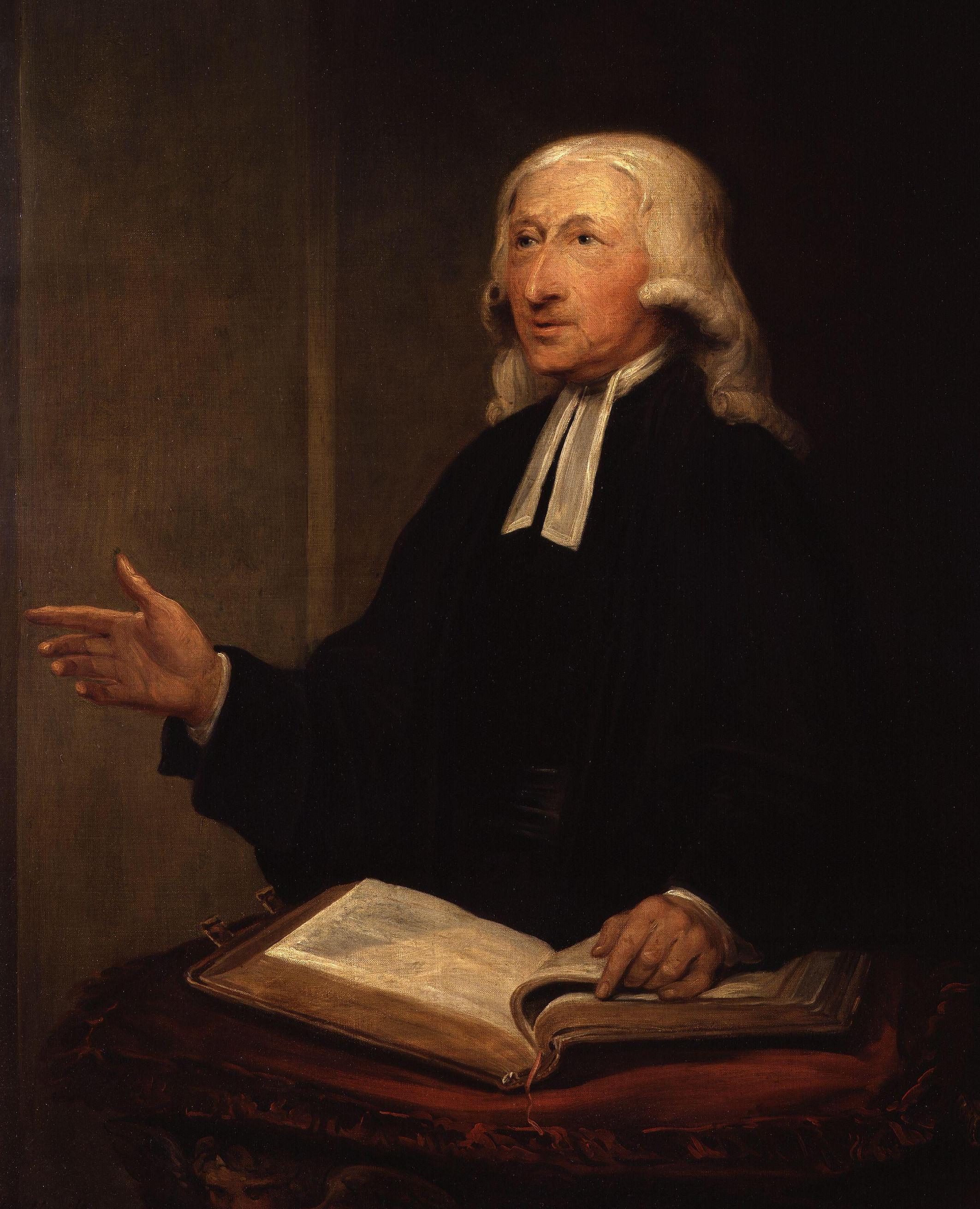The Gospel reading from Matthew chapter 22 likens the kingdom of God to a king who gives a wedding feast for his son. The king represents God the Father and the king’s son is Jesus Christ. The wedding banquet, a metaphor of divinity and humanity reveals the qualification God demanded in order to partake of this banquet. The events of the Passion Week in relation to the conflict between Jesus and the leaders set in order the importance of the ‘decision to accept or reject the grace of God in Christ … a matter of life and death, eternal life and death.’ The parable of the wedding banquet is a warning for the followers of Jesus Christ against inclusive false security. Encounter with Jesus always put a sudden halt to radical inclusiveness. The expulsion and the condemnation of the guest from the exclusive banquet ‘into outer darkness’ is to urge all of us to examine ourselves to ensure that we are prepared for Jesus’ Second Coming (Matt 22:11-13).
The concept and strategy of inclusivity as an open table-fellowship, missional outreach to all sinners, morally upright, ‘to the righteous and the unrighteous, to the healthy and the sick, to the mainstream and the marginalized’ is not without exclusive dress code. It is very alarming that despite this unprecedented gracious invitation, the wedding banquet would still go on, regardless of the fact that some people still refused the invitation.
The book of Revelation chapter 19 described the wedding garment as ‘fine linen, clean and bright, for the fine linen is the righteous acts of the saints’ (Rev 19:6-8). To respond to the invitation without the robe of righteousness or repentance is to be defiantly opposing the king and all the king represented and also opposing everything the wedding banquet represent. To be without the robe of righteousness is about aligning oneself ‘with the opposition—those who had initially refused to accept the invitation.’ The guest without the wedding garment represent me and you when we try to enter the Kingdom by our own means, without accepting Jesus, without accepting our sinfulness, without accepting God’s good gift. This is pride and arrogance. There is a two-way process in getting ready for the exclusive banquet. There is a disrobing of the inclusive ‘old man,’ or ‘the old nature with its deeds,’ and clothing of oneself with ‘new man,’ the new converted nature (Eph 4:22-24, Rom 6:6-11).
Just as the people of Israel acted perversely by turning aside from God’s way after God used Moses to lead them out of the land of Egypt, they took the statue of Aaron for their god (Exd 32:4). The people demanded that Aaron break the first two of the Ten Commandments. They cast for themselves an image of a calf, worshipped it and sacrificed to it. They were stiff-necked and God pronounced judgement against them just as the king’s pronouncement against someone not properly dressed for the banquet was a severe judgement; “The king said to the servants, ‘Bind him hand and foot, take him away, and cast him into outer darkness; there will be weeping and gnashing of teeth'” (Matthew 22:13). I pray for someone, you will not by your action or inaction bring judgement upon yourself.
The sobering lesson in the parable and the golden calf despite our modern ways of thinking is that our actions have consequences. Just as the the golden calf story warns that we cannot control God or contain Him in any image, the parable of the wedding banquet debunks our relative mindset, that our choices and actions do not matter. Another lesson for us is that the invitation to the banquet is still open with a warning that, Aaron is still alive in us whenever we try to have it both way, a little bit of inclusivity and a little bit of exclusivity, a little bit of YAWEH and a little bit of the calf.
Beloved, making light of Jesus’ invitation is devastating. The King of kings is coming again. This is the Good News of salvation from every power of sin and darkness. The Good News warns against judgement, sin, and every power of darkness. Jesus’ inclusive invitation demands rope of righteousness and repentance. God provides salvation for mankind just as the king provided garment for his guests. If you don’t want to miss the exclusive banquet, receive your garment today. The hymn by Elisha Hoffam (1839-1929) inquires into our personal commitment to Jesus through the washing in the cleansing blood of the Lamb in order to make our garment spotless and white as snow:
1 Have you been to Jesus for the cleansing power?
Are you washed in the blood of the Lamb?
Are you fully trusting in His grace this hour?
Are you washed in the blood of the Lamb?
Chorus:
Are you washed in the blood,
In the soul cleansing blood of the Lamb?
Are your garments spotless?
Are they white as snow?
Are you washed in the blood of the Lamb?
2 Are you walking daily by the Savior’s side?
Are you washed in the blood of the Lamb?
Do you rest each moment in the Crucified?
Are you washed in the blood of the Lamb?[Chorus]
3 When the Bridegroom cometh will your robes be white?
Are you washed in the blood of the Lamb?
Will your soul be ready for the mansions bright,
And be washed in the blood of the Lamb?[Chorus]
4 Lay aside the garments that are stained with sin,
And be washed in the blood of the Lamb;
There’s a fountain flowing for the soul unclean,
O be washed in the blood of the Lamb![Chorus].











Recent Comments